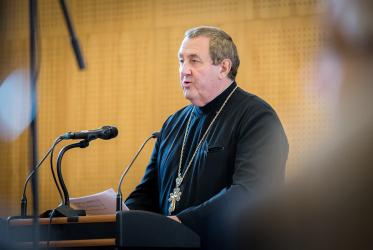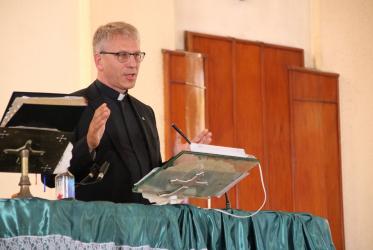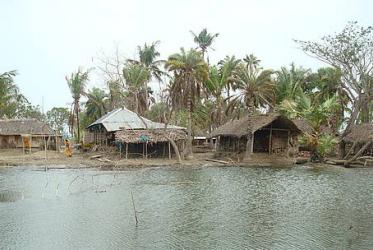Displaying 1 - 13 of 13
The cry of the Papuans in Indonesia
14 November 2019
An advocate for family values, called by God
26 March 2018
In Fiji, “time to go beyond the reef”
14 August 2017
"I hit the ground running": Katalina Tahaafe-Williams
16 February 2016
Presbyterian Church in Taiwan delegation visits WCC
05 February 2016
Indigenous faith leaders reflect on resilience and climate change
23 September 2014
Churches commemorate Week of Prayer for Christian Unity
24 January 2014










